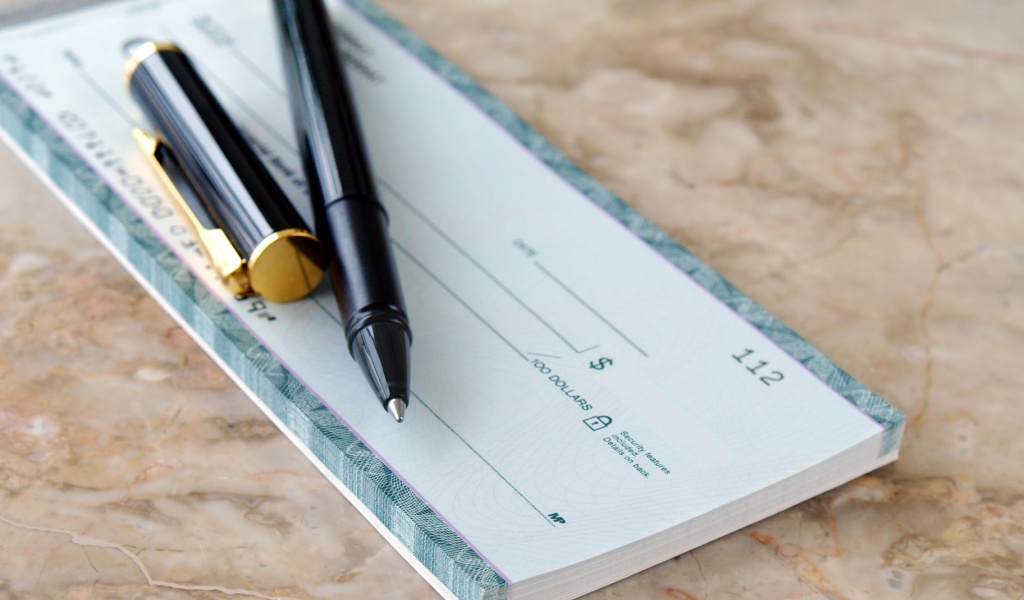Bankruptcy is seen as a way to start over financially, giving both people and companies a fresh beginning when debts become too much to handle. However, just like any other financial procedure, there are rules and restrictions on who can file. Although bankruptcy laws are created to assist those truly in need, not everyone is eligible to apply! Certain situations and categories can restrict people from filing bankruptcy, and being aware of these restrictions can save you money, time, and stress.
Therefore, if you’re considering surrendering bankruptcy, falling into one of the following nine categories might prevent you from receiving this legal relief.

Failing the Means Test
One of the initial obstacles in declaring bankruptcy is the means test. This test decides whether your income is sufficiently low to be eligible for Chapter 7 bankruptcy. Chapter 7 permits you to pay off a majority of your unsecured loans (such as medical and credit card bills). Nonetheless, it’s only offered to people who meet specific income requirements.
The means test compares your regular revenue over the past six months to your state’s median income. If your salary is significantly higher than the state’s median, you may be barred from filing for Chapter 7 and may have to go for Chapter 13 instead, which contains a repayment plan.
Recent Expensive Purchases or Cash Advances
If you’ve recently obtained a significant debt on credit cards, particularly for luxury purchases or cash advances, your bankruptcy application can be inspected or straightaway rejected. The court might interpret this as a sign that you had no intention of settling those debts and instead were trying to eliminate them through bankruptcy.
The general rule is that if you have purchased any expensive items or received cash advances 90 days before filing for bankruptcy, those debts may not be erased, or you might not even be allowed to file for bankruptcy in the first place!
Recent Bankruptcy Filing
If you’ve already filed for bankruptcy recently, you may have to wait a certain length of time before doing so again. These timelines are as follows:
- If you’ve filed for Chapter 7 bankruptcy previously, you may have to wait for eight years to file again.
- If you’ve filed for Chapter 13 earlier, you might have to wait two years before filing for Chapter 7 again.
- If you want to shift from Chapter 13 to Chapter 7, you’ll have to wait for a minimum of six years unless you’ve repaid a significant amount of your loan in the last filing.
While this indicates that bankruptcy is not a one-time deal, it does demonstrate that the system wants to prevent bankruptcy abuse. Submitting another bankruptcy application shortly after a prior lawsuit could mean you’re not sincerely trying to handle your finances in good faith.
Tax Debts
Another complex part of the regulation is tax debts; not all tax debts can be cleared in bankruptcy. Whether you can discharge tax debt or not is based on some aspects, including:
- The kind of tax debt (payroll taxes versus income taxes)
- The date of the tax debt’s occurrence
- Whether your returns were filed on time
For instance, if you have unpaid income taxes due more than three years ago and filed your returns on time, you may be entitled to eliminate that debt via bankruptcy. But, if you have a recent tax debt or haven’t submitted the returns accurately, the court may ask you to pay for it.
Payroll taxes (such as Medicare and Social Security) and fines related to tax fraud are not forgiven in bankruptcy.
Fraudulent Activities
Bankruptcy laws are not a free ticket for people trying to clear off debt deceitfully. If you’re caught in fraudulent measures like hiding assets or lying on your bankruptcy petition, your case might be terminated, and you might be kept from filing for bankruptcy for longer. Not only this – you will also have to face serious criminal accusations!

Student Loans
Student loan debt is one of the most frequently disregarded debts in a bankruptcy filing. Although eliminating student loans is not entirely impossible, it is very challenging. To have student loans canceled, you have to show that repaying those would result in excessive hardships, which is a tough standard to meet.
The court might examine certain aspects to decide whether your student loan can be discharged. These consist of:
- Your present salary and expenditures – Can you settle the debts while meeting fundamental living costs?
- The duration of your hardships – Will your financial condition continue to make it tough to pay the debts for some time in the future?
- Good faith attempts – Have you previously attempted to make payments or evaded repayment completely?
While some people might somehow manage to cancel their student loans, this is more of a rare event than the rule. In most situations, you’ll still be required to pay your student loan debt even after filing for bankruptcy.
Specific Categories of Secured Debt
Secured debts, such as car loans or mortgages, are challenging to eliminate in bankruptcy. Filing for bankruptcy may not fully remove your obligations if you have a lien on your property, which gives the lender legal ownership rights to the possessions if you fail to repay the debt.
Payment for Child Support or Alimony
Court-ordered debts such as child support or alimony (spousal maintenance) are not eligible factors for bankruptcy. Even when you’re in deep debt, you can’t dodge these responsibilities through bankruptcy!
These debts are believed to be for the assistance of a dependent and are prioritized over other kinds of debt. The law acknowledges that kids and spouses require financial aid, and bankruptcy doesn’t relieve individuals of these obligations!
Nevertheless, other legal choices, such as amending the terms of support, might be offered in particular situations.
Failing to Complete Credit Counseling
Before filing for bankruptcy, you must complete credit counseling from a government-approved organization. This regulation ensures you understand all your choices in managing debt and have tried to address your financial problems before applying for bankruptcy.
Your bankruptcy filing will be denied if you fail to satisfy the obligatory credit counseling. This step is important, and failing to do so can preclude you from proceeding with your case.
Be Aware Before Filing
While bankruptcy can provide a new beginning for those drowning in debt, not everybody is entitled to this relief. Being aware of the categories and situations that may bar you from filing will assist you in better decision-making and reduce needless delays.
A bankruptcy lawyer is best positioned to help assess whether you qualify, and they can direct you on the difficulties of the procedure and assist you in deciding the best course of action for your financial recovery. By apprehending what prevents you from filing for bankruptcy, you can evade unwarranted hassles and take charge of your financial future with assurance!



